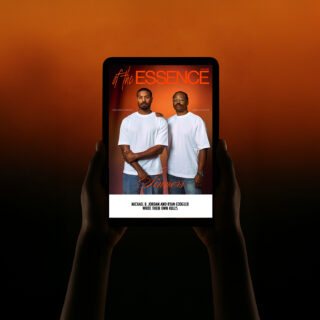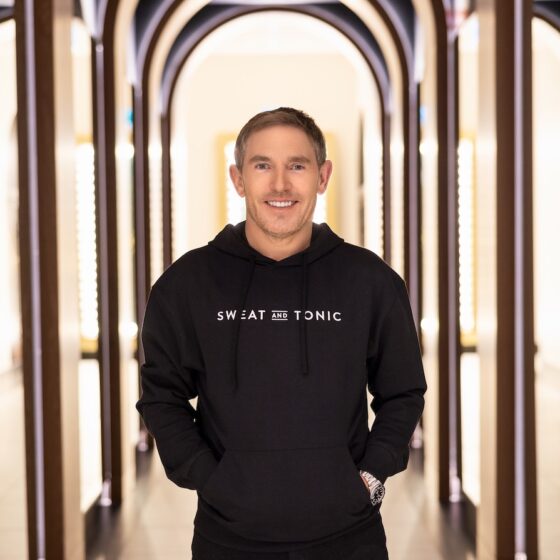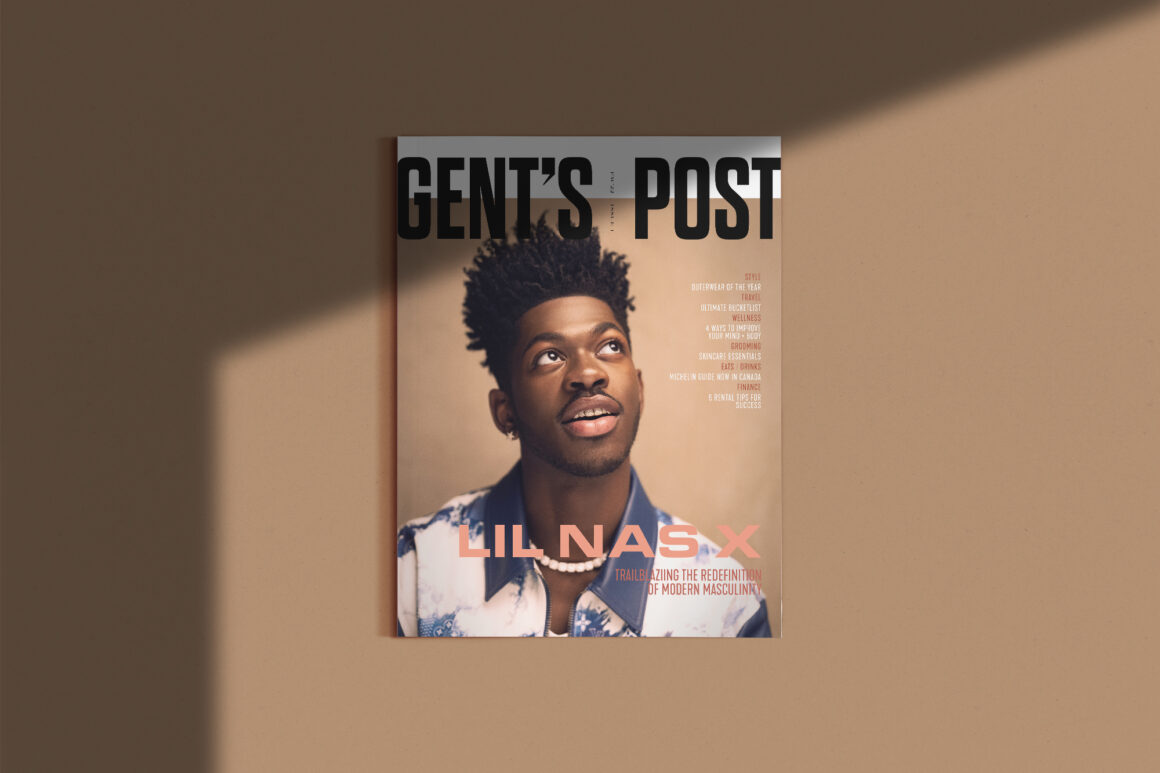Movember is far more than a one-month campaign centered around quirky mustaches and fundraising. It’s a movement committed to reshaping men’s mental health, encouraging vulnerability, and challenging outdated notions of masculinity. Todd Minerson, Movember’s Country Director for Canada, is at the forefront of this transformation, advocating for a world where men feel safe to talk, connect, and seek help. In an interview with Gent’s Post, Todd paints a picture of hope for what the future of masculinity can look like.

See also: Why men should be getting regular health checkups: Prostate cancer prevention and more
Understanding privilege
A Toronto native, Minerson’s career in non-profits and activism shaped his understanding of privilege, masculinity, and societal inequities. Reflecting on his journey, he shared, “My early career taught me so much about social change and what my role is as someone with privilege. From working with the LGBTQ+ community to addressing gender-based violence, I’ve seen firsthand how traditional notions of masculinity harm men and those around them.”
ADVERTISEMENT |
Minerson’s perspective is rooted in years of engaging with men and boys across diverse communities. He noted a common thread: many men struggle with internal conflicts about their role in the world. “Almost all of those guys were hungry for something different,” Minerson explained. “They didn’t want to be tough and wear a mask every day, but they didn’t know what else to do.”
“Men are dying 365 days a year, not just during Movember”
Todd minerson on movember initiatives being all-year round.
This longing for authenticity is precisely where Movember steps in. What started as a campaign to support prostate and testicular cancer research has evolved into a global effort to tackle men’s mental health, suicide prevention, and broader societal issues.
Masculinity as water
One of Minerson’s most poignant observations is how deeply ingrained traditional masculinity is in men’s lives. “For a lot of men, masculinity is like water to a fish. They live in it, they breathe it, but they don’t even realize it’s there. The assumptions about what it means to be a man are so pervasive that they seem natural. But these ideas are socially constructed, just like those around femininity. That means we can change them.”
ADVERTISEMENT |
This insight underscores Movember’s mission: to empower men to reframe masculinity in ways that promote emotional well-being and healthier relationships. By creating spaces where men can openly discuss their struggles, Movember encourages vulnerability and growth.
The cost of the mask
Minerson emphasized the cost of suppressing emotions and adhering to traditional roles. Men are often taught to equate strength with stoicism, leading to isolation and unhealthy coping mechanisms. “Men often turn inward, harming themselves through substances or other maladaptive behaviours, or they lash out, causing harm to others. It’s all rooted in an inability to self-regulate and ask for help. But it doesn’t have to be this way.”

Movember tackles these challenges by fostering critical conversations and providing resources that resonate with men. Minerson believes these discussions must be non-confrontational and, at times, exclusive to men. “All-male spaces can offer a sense of safety for guys to explore their feelings without fear of judgment,” he explained.
ADVERTISEMENT |
Men’s mental health: A year-round focus
One of Movember’s most significant shifts in recent years is its commitment to year-round programming. “Men are dying 365 days a year, not just during Movember,” Minerson stressed. “We’re working to turn the millions of conversations sparked by our mustaches into a genuine health movement.” This year-round approach focuses on systemic changes, such as improving health literacy among men and addressing equity issues in healthcare access. Movember is also exploring new spaces, like esports and youth sports, to connect with younger men.
Minerson highlighted the need to address health disparities among marginalized groups. “Why are Black men more likely to get prostate cancer at a younger age? Why are Indigenous men’s health outcomes so poor? These are critical questions we’re committed to answering.”
Redefining strength
At its core, Movember challenges men to embrace a new definition of strength—one rooted in connection, vulnerability, and emotional intelligence. As Minerson put it, “You’re not giving up anything by letting go of outdated ideas about masculinity. You’re getting better at everything.”
ADVERTISEMENT |
This reframing extends to how men view relationships. “Strength isn’t about physical abilities,” Minerson said, echoing themes from a recent panel discussion. “It’s about making your loved ones feel safe—physically, emotionally, and mentally.”
The road ahead
Movember’s vision for the next 20 years is ambitious: to help men live longer, healthier, and happier lives. While their focus remains on legacy issues like cancer and suicide prevention, they’re also diving deeper into the root causes of poor health outcomes among men. Minerson is optimistic about the future: “Movember is more than a once-a-year charity. It’s a movement, and we’re inviting everyone to join us in creating a better world for men.”
Men’s mental health is an ongoing journey, not a one-month campaign. As Movember continues its evolution, the hope is clear: a world where men are empowered to live authentically, nurture their relationships, and seek help when needed.
Feature photo by Daniel Reche













